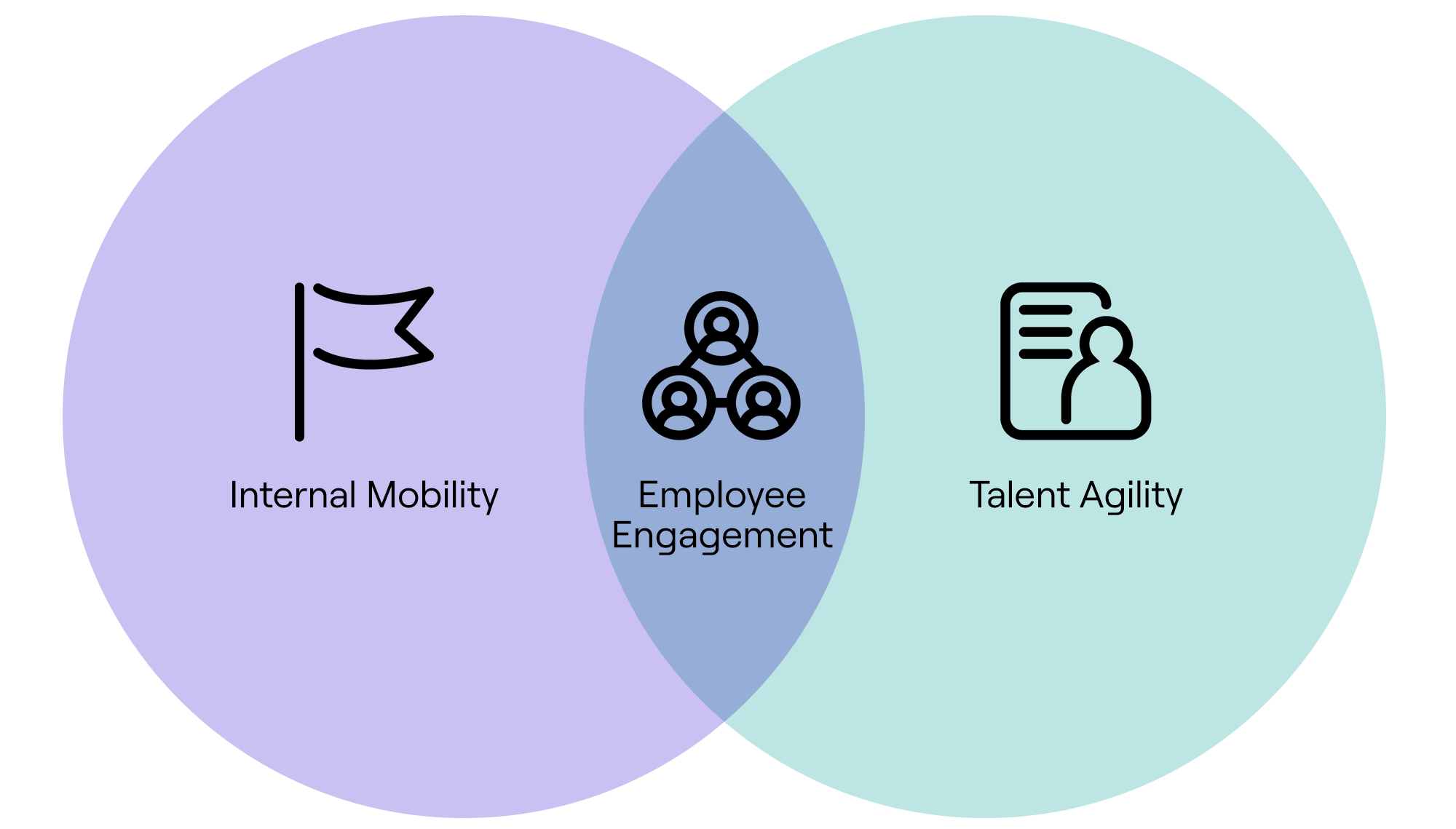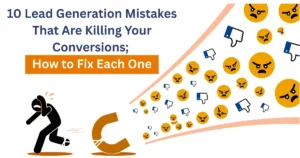Maintaining strong alumni relationships is vital for the success of schools and universities, as it drives alumni engagement and supports institutional advancement. However, outdated or inaccurate Customer Relationship Management (CRM) systems data can hinder these efforts. This article explores the significance of regular CRM cleanup in enhancing alumni engagement, focusing on the benefits of data accuracy, improved alumni communication, and the overall impact on alumni networking and donor management. By adopting these best practices, educational institutions can strengthen alumni relationships and ensure continued support for their missions.
Get optimal CRM data for driving growth with our CRM Clean-up Services. We personalize data cleaning to eliminate duplicates, outdated records, and inaccuracies that empower your teams for better targeting, improved customer insights, and sustained business success.
Why regular CRM cleanup is crucial for alumni engagement
Alumni engagement is a cornerstone of institutional advancement in schools and universities. Whether it’s fostering alumni networking, enhancing alumni communication, or managing donor relationships, effective Alumni Relationship Management requires precise and up-to-date data. Without Regular CRM Cleanup, the CRM systems used to manage these relationships can become cluttered with outdated or inaccurate information, leading to inefficiencies and missed opportunities.
- Data accuracy: Ensures that all alumni information is current, reducing the risk of communication errors.
- Alumni communication: Improves the effectiveness of outreach efforts by ensuring that contact details and preferences are accurate.
- Donor management: Enhances fundraising efforts by maintaining accurate records of alumni giving history and preferences.
By regularly cleaning up their CRM systems, educational institutions can significantly improve their alumni engagement efforts and support their long-term goals.
Enhancing alumni engagement through CRM data accuracy
Data accuracy in CRM systems is fundamental to successful alumni engagement, enabling personalized communication and effective relationship management.
The role of data accuracy in alumni engagement
Accurate data is the bedrock of effective alumni engagement. Schools and universities rely on CRM systems to store and manage alumni information, including contact details, giving history, and engagement preferences. However, without regular updates, this data can become outdated, leading to missed connections and opportunities.

Here’s why data accuracy is crucial:
- Personalized communication: Alumni are more likely to respond positively to personalized communication that reflects their interests and past interactions with the institution. Ensuring that data is accurate allows institutions to tailor their messages to individual alumni, increasing engagement.
- Effective event management: Accurate data helps in planning and managing alumni events. For example, up-to-date contact information ensures that invitations reach the right people, while accurate records of past attendance help in targeting the right audience for future events.
- Streamlined donor management: Alumni who have donated in the past are valuable assets to the institution. Accurate data on giving history, preferences, and patterns allows for more effective donor management and targeted fundraising campaigns.
Best practices for ensuring data accuracy
To maintain data accuracy, schools and universities should implement the following best practices:
- Regular data audits: Conduct regular audits of the CRM system to identify and correct inaccuracies. This could involve cross-referencing data with other sources, such as social media or public records, to ensure it is up-to-date.
- Standardized data entry protocols: Establish standardized protocols for data entry to ensure consistency. This includes setting guidelines for how information should be entered, such as using consistent formats for dates, names, and contact details.
- Data validation tools: Utilize CRM software tools that offer data validation features. These tools can automatically check for common errors, such as duplicate records or incomplete fields, and prompt users to correct them.
By prioritizing data accuracy, educational institutions can build stronger, more meaningful relationships with their alumni, leading to increased engagement and support.
The impact of regular CRM maintenance on alumni networking
Routine CRM maintenance is essential for fostering strong alumni networks, which are vital for institutional advancement.
Strengthening alumni networks through regular CRM maintenance
Alumni networks are powerful tools for schools and universities. They provide opportunities for alumni to connect, support current students, and contribute to the institution’s goals. However, maintaining a strong alumni network requires a well-managed CRM system. Here’s how regular CRM maintenance can enhance alumni networking:
- Up-to-date contact information: Ensures that alumni can easily connect through the network, whether for professional collaboration, mentorship, or social events.
- Engagement tracking: Allows institutions to track alumni engagement over time, identifying active members and those who may need re-engagement. This helps in targeting efforts to strengthen the network.
- Communication preferences: Ensures that alumni receive communications in their preferred format, whether it’s email, social media, or direct mail. Respecting these preferences can lead to higher engagement rates.
Establishing a routine CRM maintenance schedule
To ensure that CRM systems continue to support alumni networking effectively, institutions should establish a routine maintenance schedule:
- Monthly updates: Perform monthly updates to ensure that all new information is entered into the CRM system and that any changes to contact details or engagement preferences are reflected.
- Quarterly cleanups: Conduct more thorough cleanups every quarter. This could involve merging duplicate records, archiving old data, and removing any outdated information.
- Annual overhaul: Once a year, undertake a comprehensive review of the CRM system. This could include upgrading the software, training staff on best practices, and reviewing the overall effectiveness of the system.
Regular CRM maintenance is essential for keeping alumni networks vibrant and active, ultimately supporting the institution’s long-term goals.
Optimizing donor management through CRM cleanup
Regular CRM cleanup enhances donor management by ensuring that all alumni giving data is accurate and up-to-date.
Improving fundraising efforts with accurate donor data
Donor management is a critical aspect of alumni engagement. Schools and universities rely on alumni donations to fund scholarships, programs, and other initiatives that benefit the institution. However, effective donor management requires accurate and up-to-date information. Here’s how regular CRM cleanup can optimize donor management:

- Accurate giving histories: Ensures that all records of alumni donations are accurate, allowing institutions to recognize and thank donors appropriately. This can also help in planning future fundraising campaigns, as it provides insights into giving patterns and preferences.
- Targeted fundraising campaigns: Accurate data allows institutions to segment their alumni base for targeted fundraising campaigns. For example, alumni who have given to specific causes in the past can be targeted for similar campaigns in the future.
- Donor recognition programs: Regular CRM cleanup ensures that donor recognition programs are based on accurate data. This is important for maintaining positive relationships with alumni donors and encouraging future contributions.
Best practices for CRM cleanup in donor management
To optimize donor management, schools and universities should implement the following CRM cleanup best practices:
- Regular review of giving records: Regularly review and update giving records to ensure that they are accurate and complete. This could involve reconciling records with financial systems or donor databases.
- Donor segmentation: Use CRM tools to segment alumni donors based on their giving history, engagement level, and preferences. This allows for more targeted and effective fundraising efforts.
- Data integration: Integrate CRM systems with other data sources, such as event management or financial systems, to ensure that all relevant information is captured and stored in one place.
By keeping donor data accurate and up-to-date, institutions can enhance their fundraising efforts and build stronger relationships with alumni donors.
Conclusion
Regular CRM cleanup is essential for enhancing alumni engagement in schools and universities. By ensuring data accuracy, maintaining up-to-date alumni networks, and optimizing donor management, institutions can build stronger, more meaningful relationships with their alumni. These relationships are crucial for supporting institutional advancement, whether through increased alumni engagement, more effective fundraising efforts, or the development of a vibrant alumni network.
As educational institutions continue to rely on CRM systems to manage their alumni relationships, regular cleanup and maintenance will become increasingly important. By implementing the best practices outlined in this article, schools and universities can ensure that their CRM systems remain effective tools for managing alumni relationships and supporting the institution’s long-term goals.





Leave a Comment